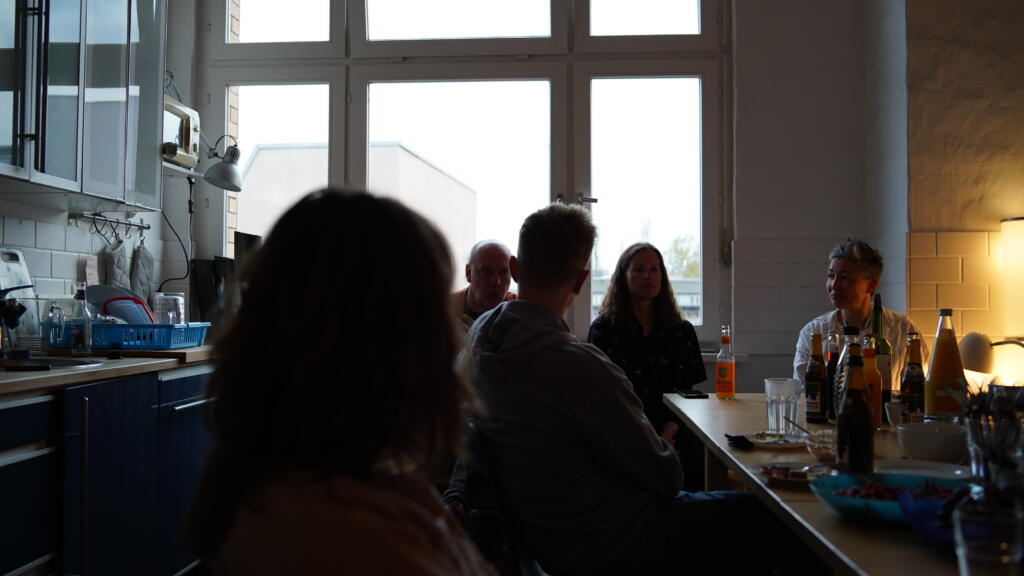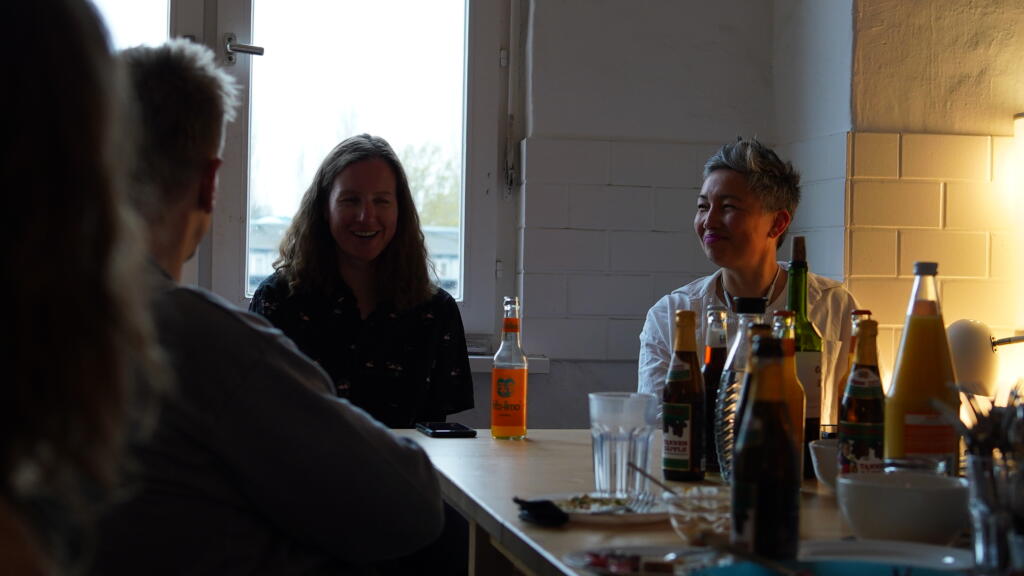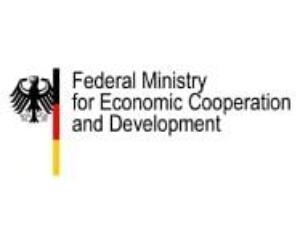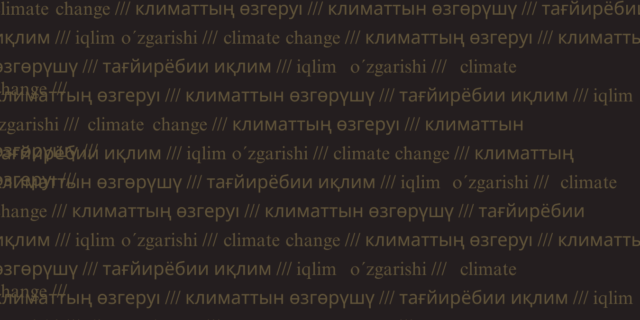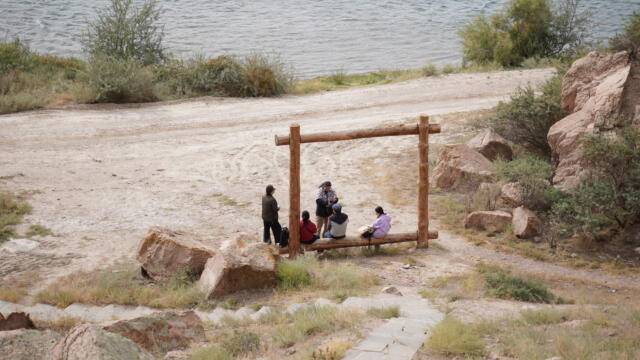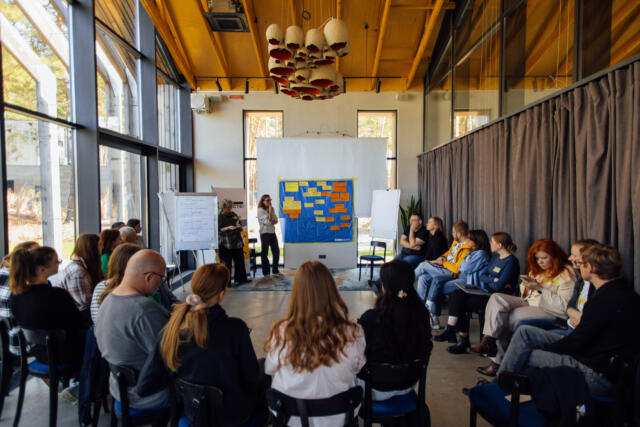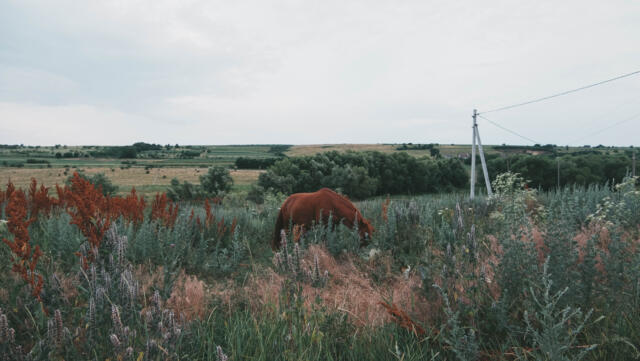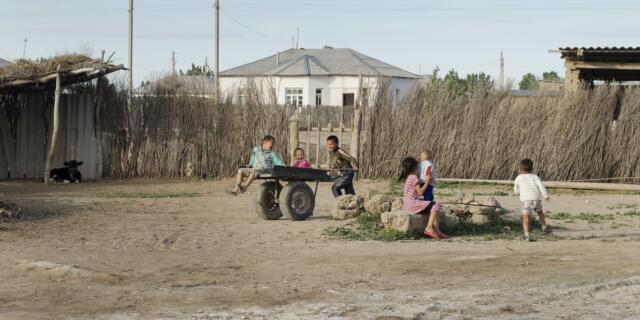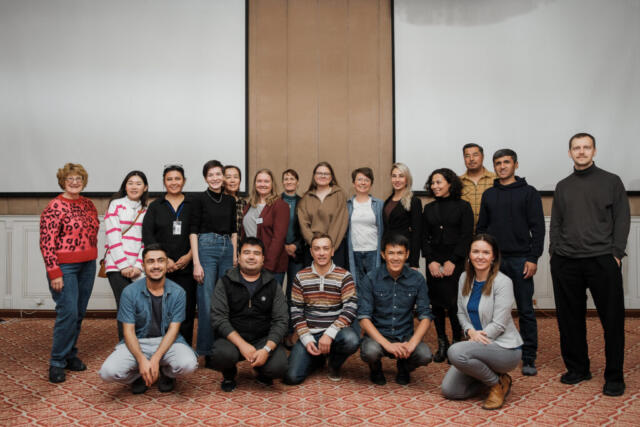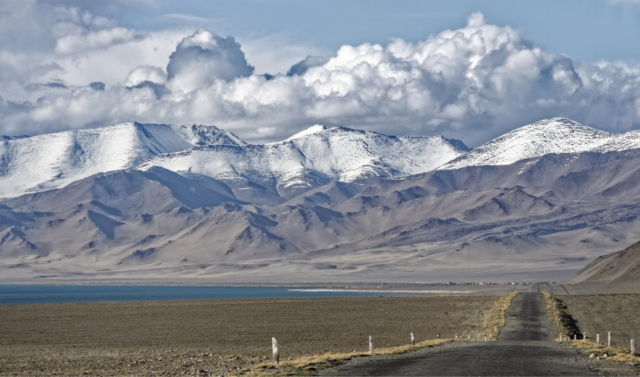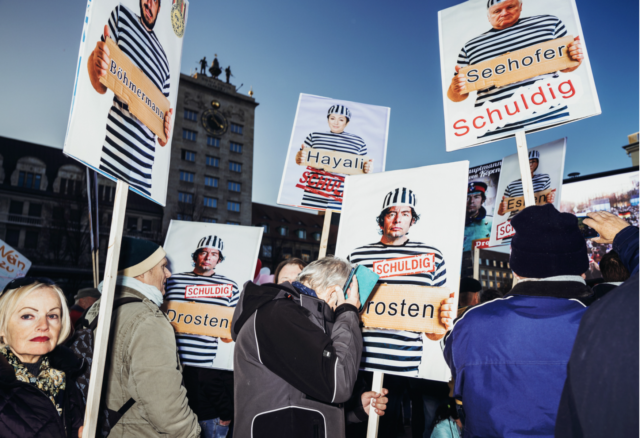Kazakhstan's Nuclear Referendum: A Civil Society Perspective
Aliya Wedelich provided insights into Kazakhstan's 2024 referendum on constructing the country's first nuclear power plant. Despite Kazakhstan's history as a Soviet nuclear testing ground, 71% of voters supported the initiative, aiming to address frequent power outages and reduce fossil fuel reliance . Vedelich highlighted concerns from civil society about the referendum's fairness, noting limited public debate and the government's promotion of the project as essential for energy independence.
Russia's Nuclear Diplomacy in the Region
Vladimir Slivyak discussed Russia's use of nuclear technology as a soft power tool in the EECCA region. He emphasized that Rosatom, Russia's state nuclear corporation, plays a significant role in extending Russian influence by offering nuclear energy deals to neighboring countries. Slivyak warned that such partnerships could deepen dependence on Russian technology and fuel cycles, potentially compromising energy sovereignty .
The panel addressed the paradox of countries like Kazakhstan and Ukraine pursuing nuclear energy despite their traumatic nuclear histories. They explored whether this trend reflects a failure of public memory or a lack of viable energy alternatives. The discussion also touched on recent incidents, such as the drone strike near Reactor 4 in Chernobyl, underscoring the vulnerabilities of nuclear facilities in politically unstable regions.
Civil Society's Role and Challenges
Aliya Wedelich shared strategies employed by NGOs in Kazakhstan to campaign against the nuclear referendum, including public awareness initiatives and advocacy for renewable energy alternatives. However, she noted the challenges faced due to limited media access and governmental support for nuclear projects.
Exploring Renewable Energy Alternative
The conversation shifted to the potential of renewable energy in the EECCA region. Panelists discussed political, financial, and infrastructural obstacles hindering the adoption of renewables. They debated whether decentralized renewable energy systems could promote energy sovereignty and democratic governance, contrasting with the centralized nature of nuclear power favored by authoritarian regimes.
The event highlighted the complex interplay between energy needs, political narratives, and civil society's role in the EECCA region's energy landscape. As countries navigate their energy futures, the discussions underscored the necessity of balancing technological advancements with historical consciousness and democratic participation.

